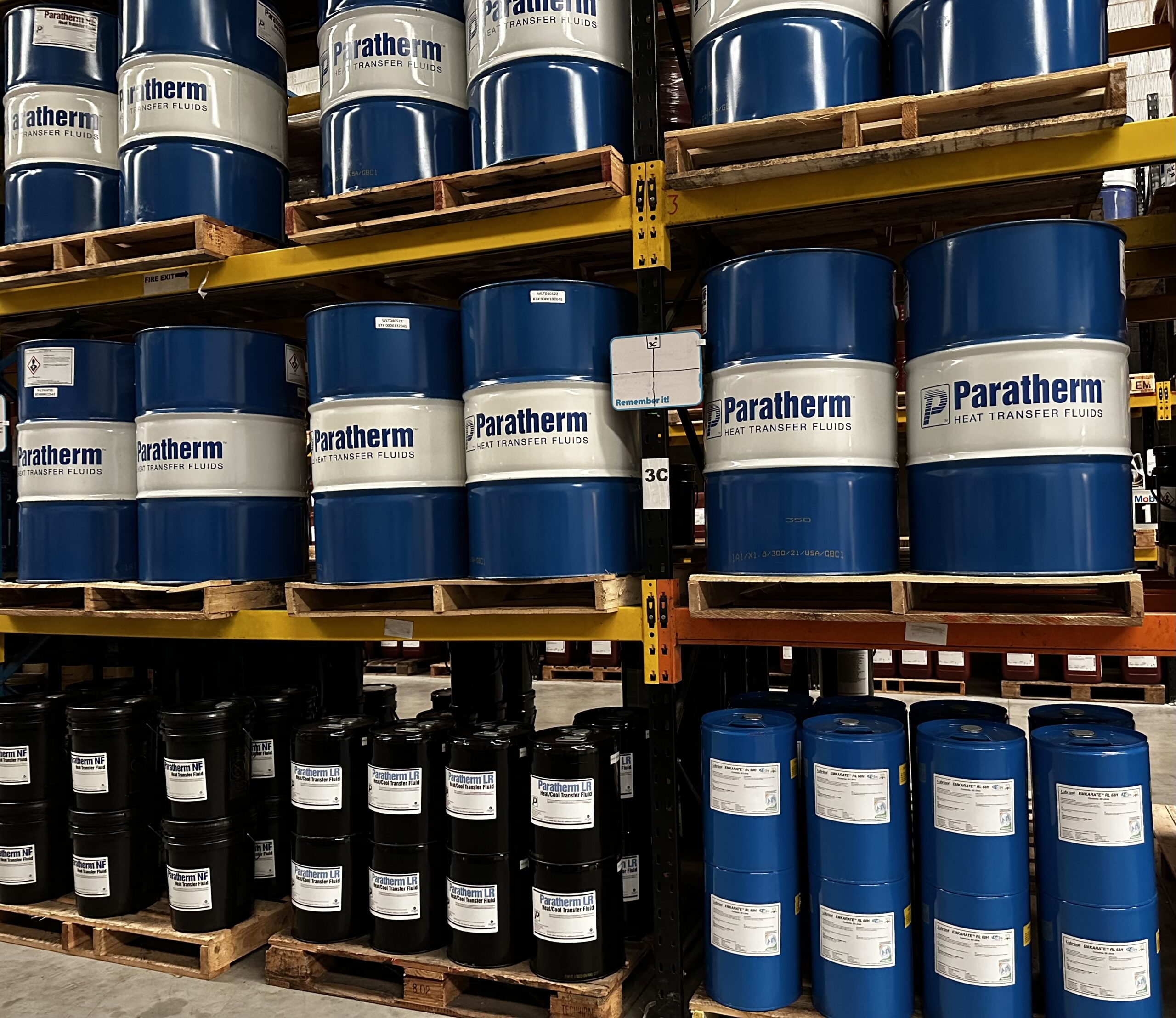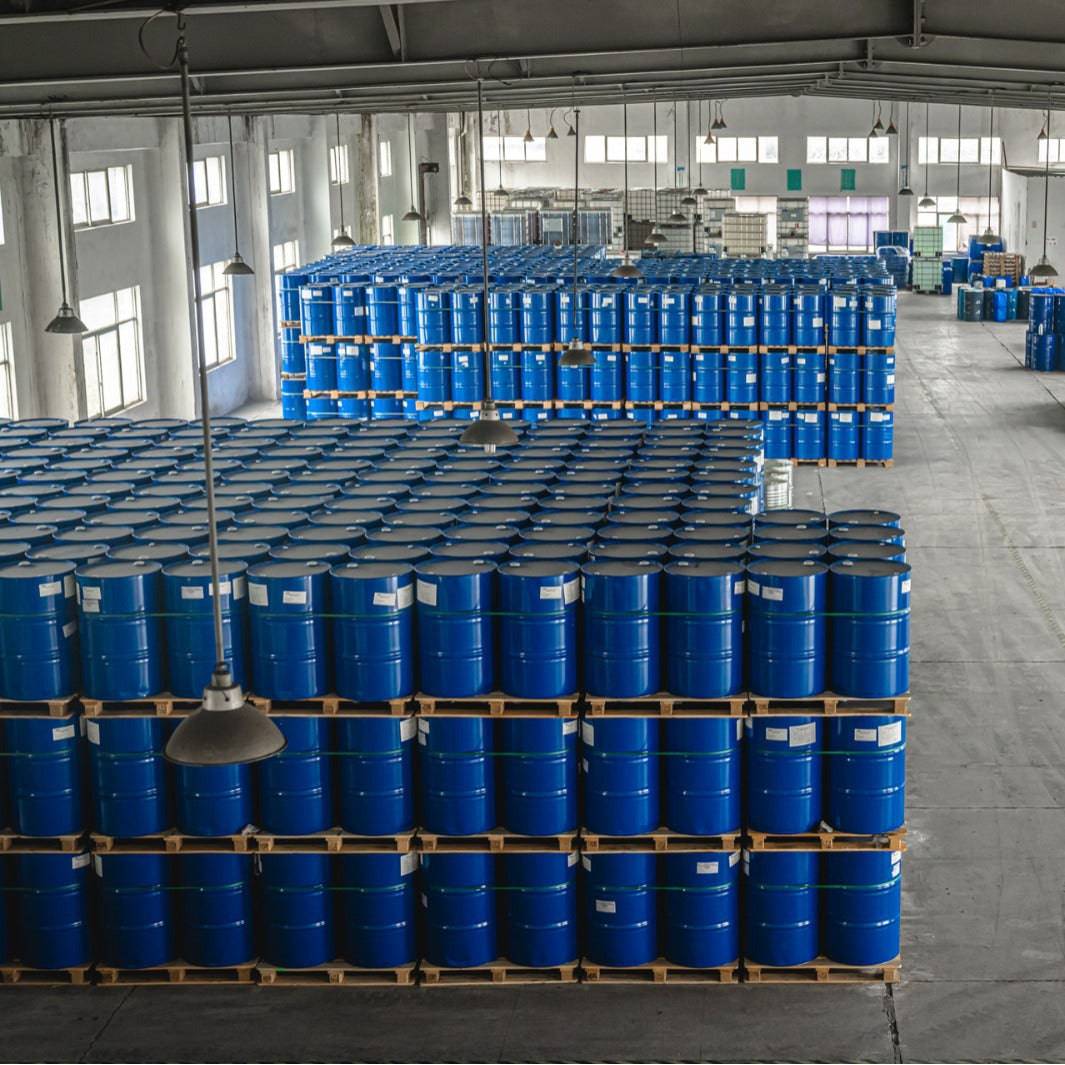The Value of Thermal Security in Heat Transfer Fluid Choice
Wiki Article
Why Heat Transfer Liquid Is Essential for Optimizing Energy Transfer in Equipment
The role of warm transfer liquids in maximizing energy transfer is essential for accomplishing efficient thermal administration across various commercial fields. These liquids assist in smooth warm exchange, ensuring procedures run within optimum temperature ranges and alleviating the threat of overheating.
Duty in Thermal Administration
Heat transfer fluids play an important function in thermal administration by efficiently regulating temperature levels in numerous industrial procedures and systems. These specialized fluids promote the transfer of heat in between different components, making sure ideal operating problems and avoiding overheating. By maintaining exact temperature control, heat transfer liquids allow sectors such as chemical manufacturing, oil and gas, and power generation to run securely and effectively.The selection of an ideal warmth transfer liquid relies on several aspects, consisting of thermal stability, warmth ability, and thickness. High thermal stability ensures that the liquid can withstand severe temperature levels without weakening, while a high warm capacity enables it to soak up and release considerable quantities of warm - heat transfer fluid. Low viscosity reduces the power required for pumping, contributing to general system efficiency
In addition, heat transfer liquids are essential in applications like refrigeration, where they aid take in and dissipate warmth during the cooling cycle. In solar thermal power systems, these liquids capture and transportation solar heat to generate electricity or supply warm water. Their versatility to varied operating problems and ability to maintain consistent thermal efficiency underscore their significance in industrial thermal monitoring, assisting in operational connection and improving precaution.

Enhancing System Performance
To make the most of the benefits of thermal administration, improving system effectiveness via the strategic use of warm transfer liquids is extremely important. By preserving optimal temperature levels, warm transfer liquids aid guarantee that systems run within their developed specifications, thus avoiding getting too hot and reducing the threat of part failing.
Sorts Of Heat Transfer Fluids
The variety of warm transfer fluids highlights their essential duty in a variety of industrial applications, each tailored to meet specific thermal administration needs. These fluids facilitate reliable power transfer and are chosen based on key properties such as thermal security, thickness, and warm capability. The primary types consist of water, glycol options, oils, and synthetics, each offering unique advantages.Water is one of the most usual warm transfer medium due to its high details warm capacity and inexpensive. Its usage is limited by its cold and boiling points. Glycol combinations, typically made use of in a/c systems, supply a reduced cold point, adding flexibility in various climates. Mineral oils are favored for their thermal stability and non-corrosive nature, making them suitable for high-temperature applications.

These image source liquids guarantee remarkable efficiency in systems where conventional liquids might fail. The my response selection of a heat transfer fluid is essential, as it affects system performance, safety and security, and long life.
Environmental and Economic Perks
Making use of the appropriate warmth transfer liquids provides considerable environmental and economic benefits for commercial procedures. By choosing liquids with remarkable thermal security and high warmth capability, markets can improve energy effectiveness, causing minimized gas consumption and lower greenhouse gas discharges. This adds to a smaller sized carbon impact and straightens with international sustainability objectives. Eco-friendly warm transfer fluids, typically naturally degradable and non-toxic, minimize the risk of soil and water contamination in case of leaks or spills, thereby protecting ecological communities and abiding with strict environmental laws.Economically, the best warmth transfer fluid can dramatically minimize functional costs. Reliable heat transfer minimizes energy expenditure, bring about lower energy bills and improved productivity. Liquids with extensive lifecycle performance reduce the regularity of substitutes and upkeep, decreasing downtime and connected prices. Buying top notch liquids can also reduce the threat of equipment rust and failing, avoiding pricey repairs and prolonging the life-span of crucial facilities. In open markets, these financial savings and efficiencies supply a distinctive benefit, permitting firms to allocate resources better and buy further development. Generally, the critical use optimum heat transfer fluids sustains lasting financial development and environmental stewardship.
Choosing the Right Liquid
Exactly how does one browse the complex important source procedure of choosing the appropriate heat transfer liquid for commercial applications? Thermal stability makes certain the fluid can stand up to high temperature levels without deteriorating, while compatibility protects against corrosion or other destructive reactions with system elements.Additionally, the fluid's heat capacity and thickness are extremely important. A high warmth ability enables the fluid to take in and transfer more power, improving effectiveness.
Final Thought
The strategic option and application of heat transfer fluids are basic to enhancing power transfer across numerous systems. By making sure high thermal security and capacity, these liquids provide exact temperature control and improve total system effectiveness.Report this wiki page